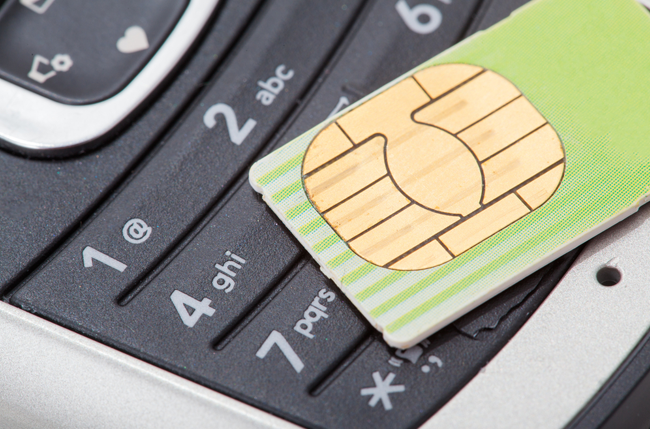
It might be because terrorists aren’t using encryption as much as they are utilizing the quick, easy, and anonymous method of obtaining and discarding a prepaid phone. A recent report by the French anti-terrorism police said the terrorists that bombed Paris last November used such devices to avoid detection.
Congresswoman Jackie Speier, a Democrat representing California’s 14th district, has introduced a the “Closing the Pre-Paid Mobile Device Security Gap Act of 2016,” or HR 4886, which will require people who purchase a prepaid device to provide proper identification.
“This bill would close one of the most significant gaps in our ability to track and prevent acts of terror, drug trafficking, and modern-day slavery,” Speier said in a blog post. “The ‘burner phone’ loophole is an egregious gap in our legal framework that allows actors like the 9/11 hijackers and the Times Square bomber to evade law enforcement while they plot to take innocent lives. The Paris attackers also used ‘burner phones.’ As we’ve seen so vividly over the past few days, we cannot afford to take these kinds of risks. It’s time to close this ‘burner phone’ loophole for good.”
If this act passes, you would need to provide the same identification as you would when signing up for a traditional phone contract with a carrier: your name, address, and date of birth, and that would be verified after you provide a credit or debit card, and your Social Security or driver’s license number.
As it was just introduced though, the bill would have to go through Congress and the president to pass as law. While the Brussels bombing could possibly move this bill along quicker, it certainly will open discussion in Congress about encryption and data stored in phones.


